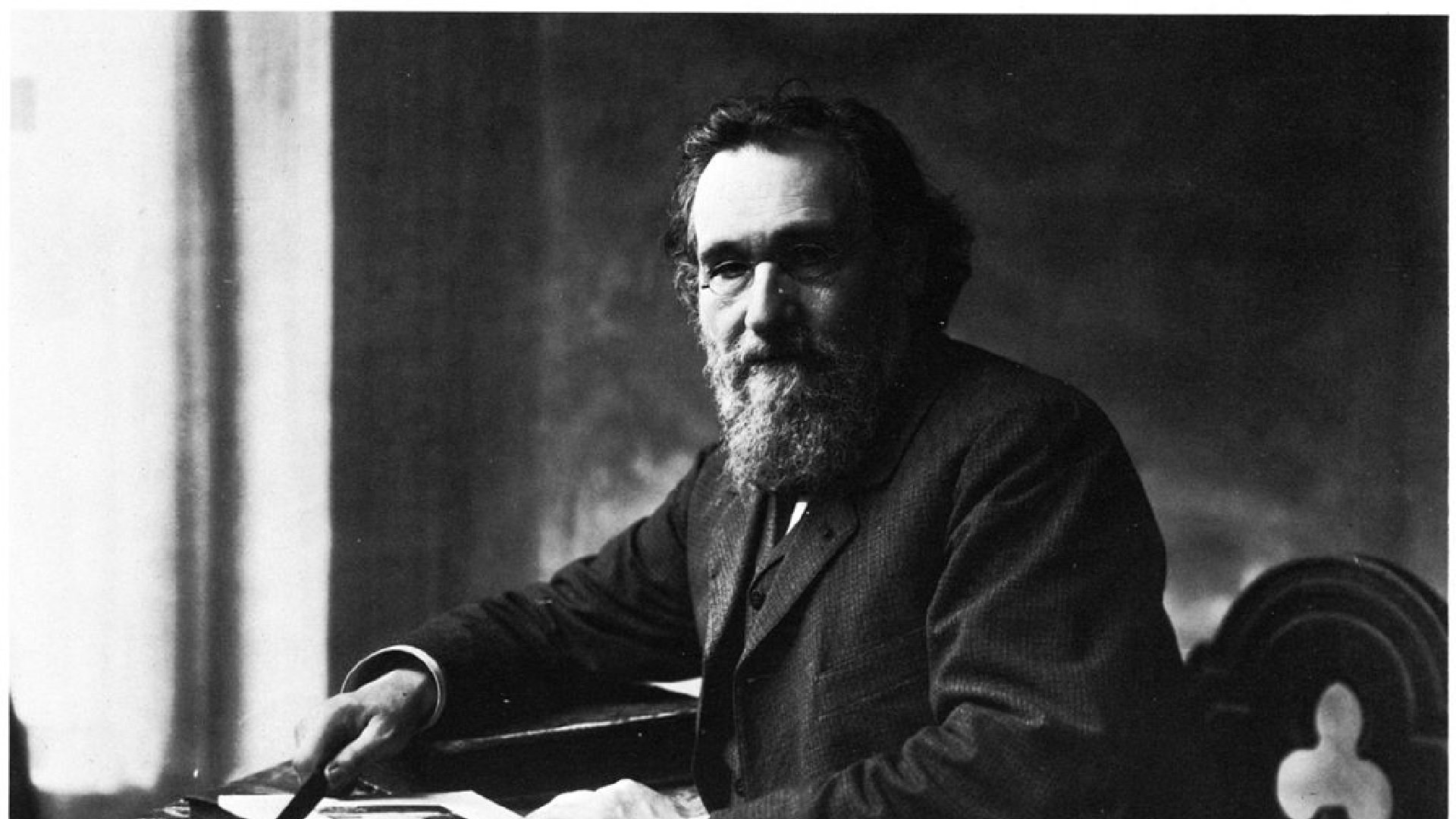Ilya Iljitsj Metsjnikov (1845 - 1916) was a Ukrainian microbiologist. He discovered the basic principles of immunology and was additionally the founder of probiotics.
Ilya Iljitsj Metsjnikov (1845 - 1916) was a Ukrainian microbiologist. He discovered the basic principles of immunology and was additionally the founder of probiotics.
Microbes and the immune system
Ilya Ilyich Metsjnikov was a Ukrainian microbiologist. Early in his career, he was particularly interested in the relationship between microbes and the immune system. After experiments with starfish and larvae, he stated that white blood cells could devour and destroy pathogens such as bacteria. He called this radical theory "phagocytosis," and was mocked by Western microbiologists because of it, including Pasteur. Yet Metsjnikov turned out to be right, winning the Nobel Prize in Physiology or Medicine in 1908.
Imbalance
Metsjnikov also stated that the microbes in the gut could have a bad influence on the host. He thought that anaerobic breakdown of proteins by bacteria produced toxic substances, and linked this to various diseases such as atherosclerosis, dementia and even aging in general. Although this turned out not to be entirely correct, it was Metsjnikov who first used the term "dysbiosis" to describe the imbalance in the gut caused by too many pathogenic gut bacteria.
Probiotics
Ilya Metsjnikov was also the founder of probiotics. In the late 19th century, he formulated a theory that correlated the good health and old age of Bulgarian peasants with their regular consumption of lactic acid bacteria in fermented dairy products such as yogurt. Acid formation by these lactic acid bacteria, he argued, would prevent the growth of bad gut bacteria. In fact, he was so convinced of his theory that he ate fermented dairy products every day until his death. Still, it took a long time for his theory to be taken seriously in the scientific community. It was not until the 1960s that research into this principle gained momentum, and the term "probiotic" was introduced for microbes with a possible health-promoting effect on the user.

